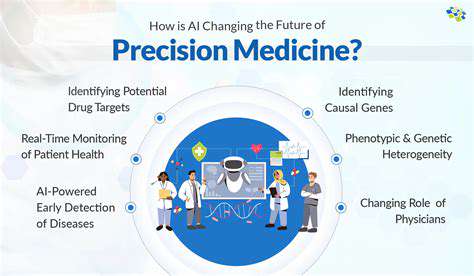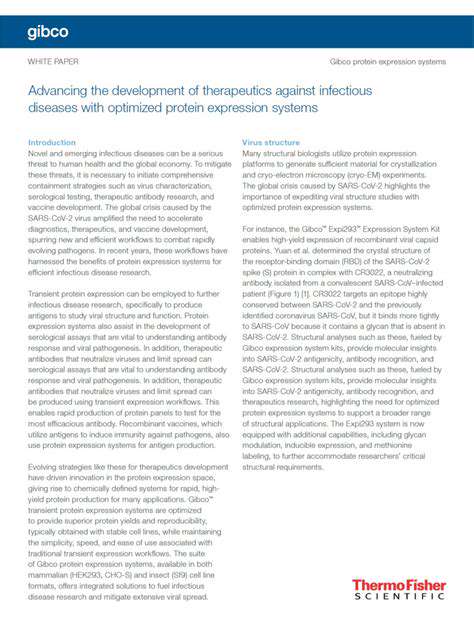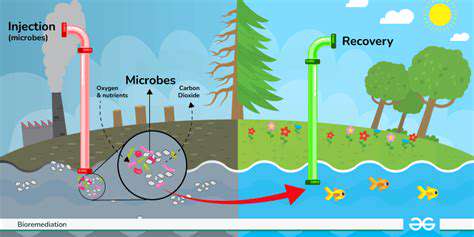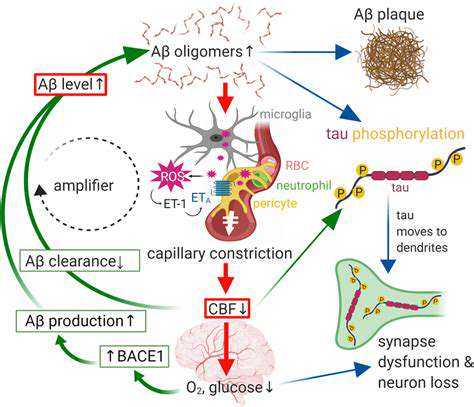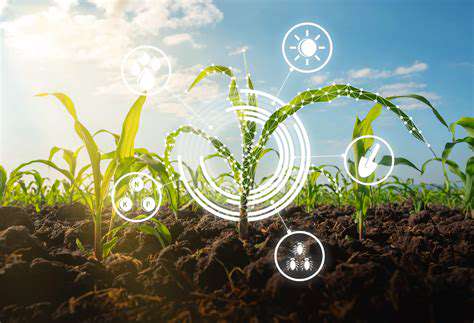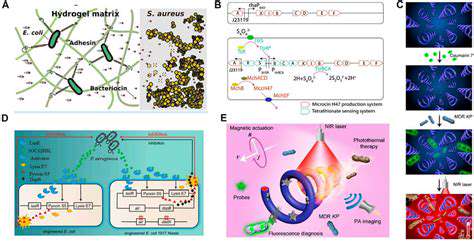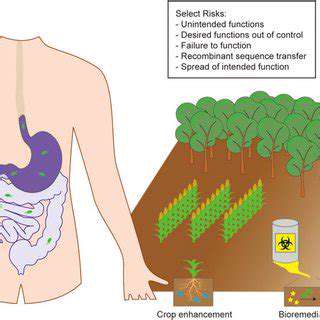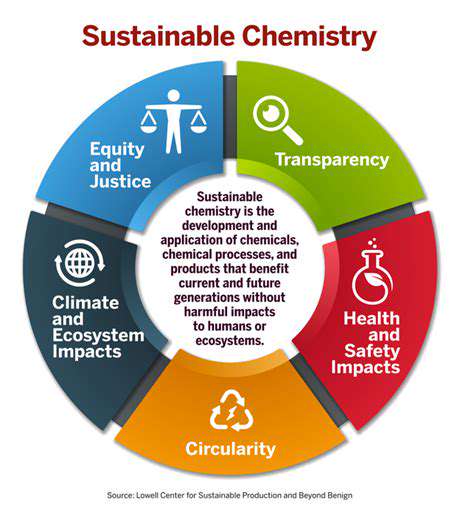Transforming Healthcare: New Treatments and Diagnostics
Gene Editing Technologies: Revolutionizing Treatment
Advancements in gene editing technologies, like CRISPR-Cas9, offer unprecedented potential for treating genetic diseases. These powerful tools allow scientists to precisely target and modify DNA sequences, potentially correcting the underlying cause of conditions like cystic fibrosis and sickle cell anemia. This precision approach promises to eliminate the need for lifelong medications and therapies, offering a transformative solution for many inherited diseases, drastically altering the future of healthcare.
Personalized Medicine: Tailoring Treatments to Individuals
The concept of personalized medicine is gaining traction, moving healthcare beyond a one-size-fits-all approach. By analyzing an individual's genetic makeup, lifestyle factors, and environmental exposures, doctors can develop tailored treatment plans. This approach considers the specific needs of each patient, potentially leading to more effective therapies and reduced side effects. The implications for disease prevention and early intervention are profound, allowing for proactive measures and optimizing treatment efficacy.
Nanotechnology in Diagnostics: Early Detection and Precision
Nanotechnology is poised to revolutionize diagnostic tools, enabling earlier and more accurate detection of diseases. Tiny nanoparticles can be designed to target specific molecules associated with diseases, like cancer biomarkers. This allows for rapid and sensitive detection, potentially enabling early intervention and improved treatment outcomes. Imagine a future where diseases are detected in their earliest stages, maximizing treatment success and minimizing long-term health complications.
Biomarkers for Early Disease Detection
Identifying reliable biomarkers for various diseases is critical for early detection and improved patient outcomes. These molecular indicators can be detected in blood, urine, or other bodily fluids, providing early warnings of disease processes long before noticeable symptoms emerge. This allows for timely intervention and treatment, potentially preventing severe complications. Biomarker research is a key driver of preventive healthcare and a cornerstone in personalized medicine.
3D Bioprinting: Creating Functional Tissues and Organs
3D bioprinting holds immense promise for creating functional tissues and organs for transplantation. This innovative technology allows for the layer-by-layer deposition of living cells and biomaterials to build complex structures. This technique could revolutionize organ transplantation, reducing the need for organ donors and potentially eliminating the risk of organ rejection. The ability to create tailored tissues and organs on demand opens up exciting possibilities for regenerative medicine and treatment of a wide array of conditions.
Immunotherapy: Harnessing the Body's Defense System
Immunotherapy harnesses the body's own immune system to fight diseases, particularly cancer. By stimulating or modifying immune cells, immunotherapy treatments can target cancer cells with greater precision and efficiency. This approach is showing remarkable success in treating various cancers, offering a less invasive and potentially more effective alternative to traditional methods. The ongoing research and development in immunotherapy highlight its potential to revolutionize cancer treatment and improve patient outcomes.
Korean cuisine boasts a rich tradition of fermented foods beyond kimchi. From the tangy and slightly sweet gochugaru (Korean chili flakes) used in many dishes, to the pungent jeotgal (fermented seafood), each offering a unique and flavorful experience. These fermented treasures are not merely ingredients; they are a crucial part of the Korean culinary identity and contribute to the complex taste profiles found in Korean cuisine. Understanding these fermented elements is essential for appreciating the depth and complexity of Korean flavors.
